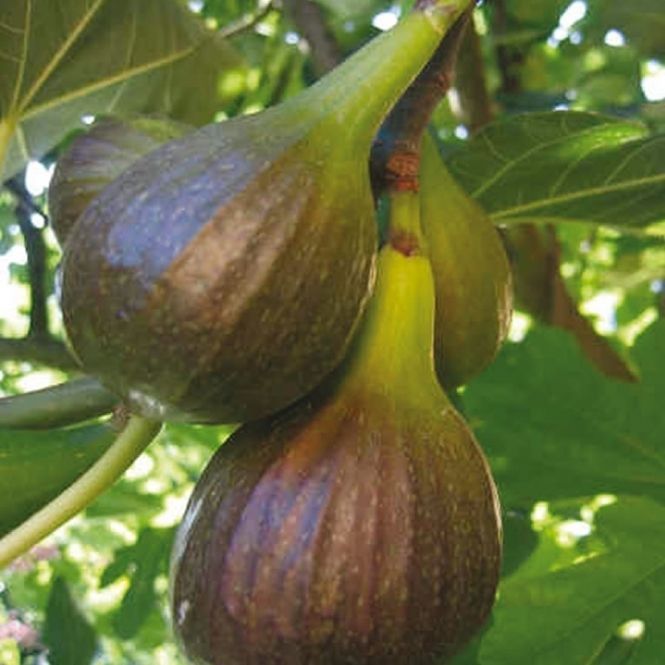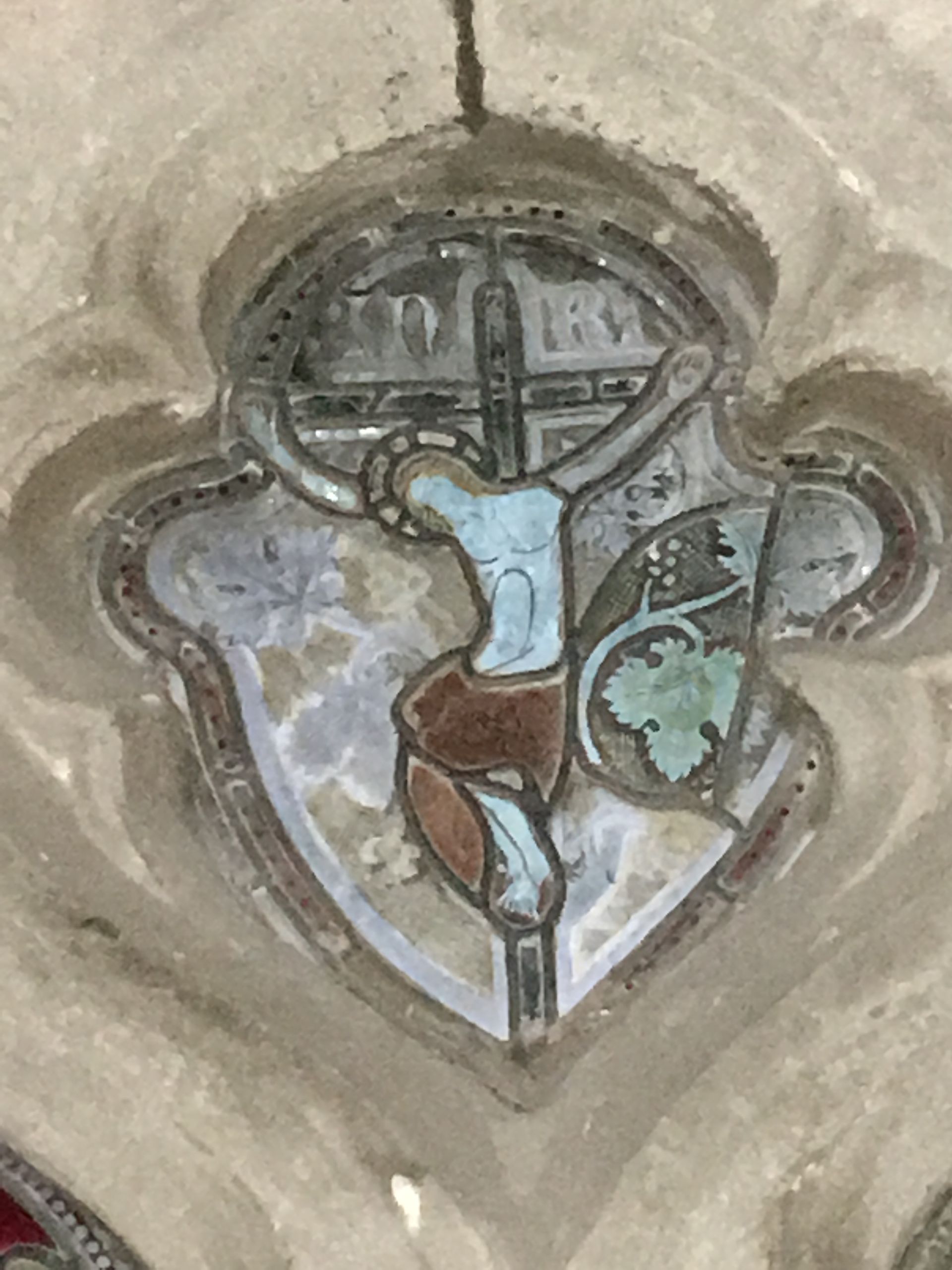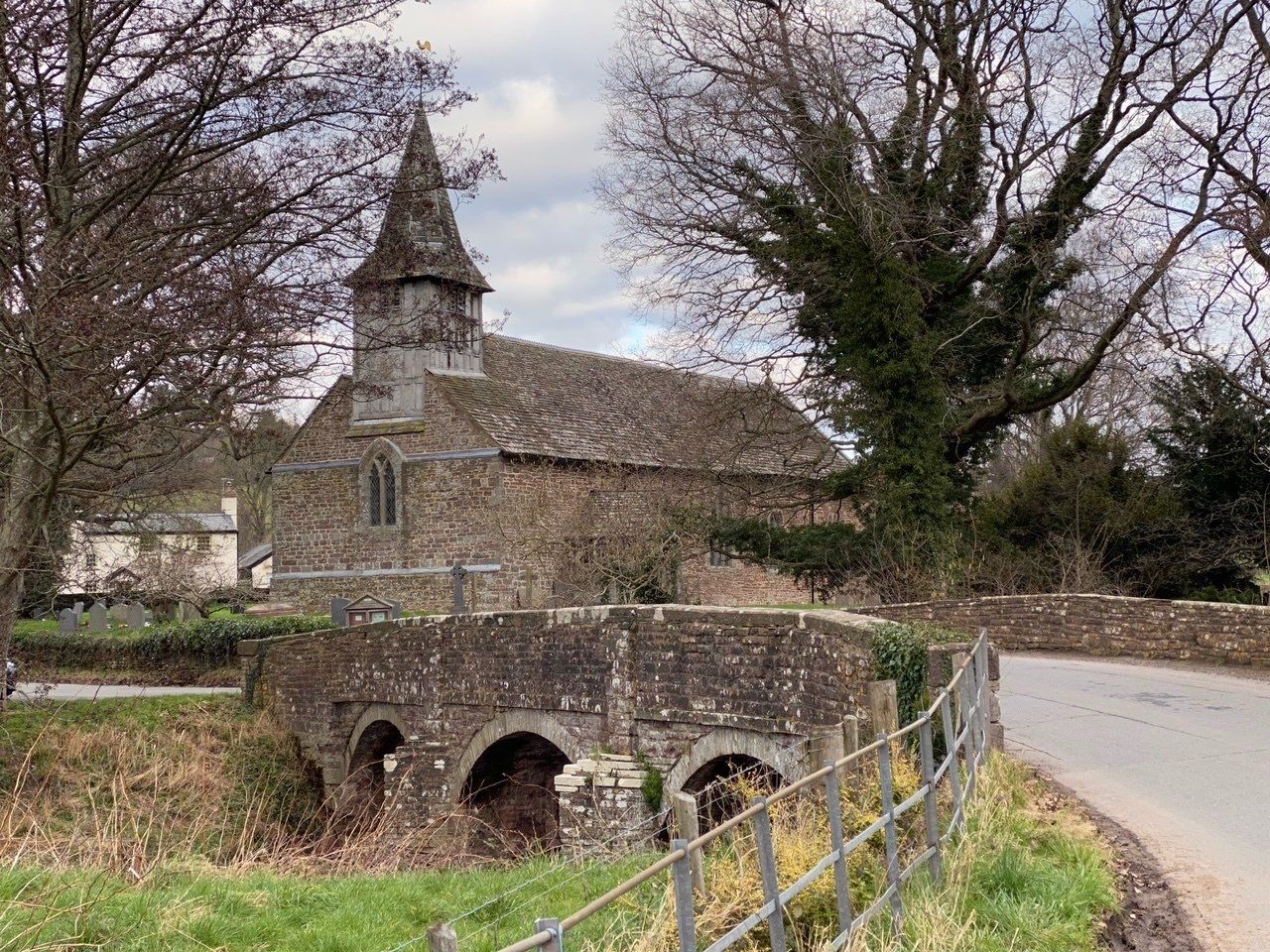Message of Abbot Paul - Thursday 24th August 2023
Abbot Paul • August 24, 2023



In Herefordshire alone there are seven ancient churches dedicated to St Bartholomew, two of them in the Belmont parish, Thruxton and Vowchurch, two churches I particularly like and often visit. At Much Marcle, between Ross on Wye and Ledbury, you can visit one of the finest churches in the county. I mention this as today is the feast of the Apostle St Bartholomew, at times called Nathanael, as we read in the Gospel passage from John, (Jn 1: 45-51). This is what we find.
“Philip found Nathanael and said to him, ‘We have found the one Moses wrote about in the Law, the one about whom the prophets wrote: he is Jesus, son of Joseph, from Nazareth.’ ‘From Nazareth?’ said Nathanael ‘Can anything good come from that place?’ ‘Come and see’ replied Philip. When Jesus saw Nathanael coming, he said of him, ‘There is an Israelite who deserves the name, incapable of deceit.’ ‘How do you know me?’ said Nathanael. ‘Before Philip came to call you,’ said Jesus ‘I saw you under the fig tree.’ Nathanael answered, ‘Rabbi, you are the Son of God, you are the King of Israel.’ Jesus replied, ‘You believe that just because I said: I saw you under the fig tree. You will see greater things than that.’ And then he added ‘I tell you most solemnly, you will see heaven laid open and, above the Son of Man, the angels of God ascending and descending.’”
What does this episode from the life of Jesus tell us about the man we commemorate as an apostle and what does it have to teach us about our own relationship with Jesus? Philip tells Nathanael that he and his companions have found in Jesus the one spoken of in the Law and the Prophets, that Jesus of Nazareth was the Messiah, the Christ. Nathanael is amazed, for why should the Messiah come from Nazareth. Surely that was not what the prophets said. Philip repeats the very words of Jesus spoken to Andrew and his companion, “Come and see.” Nathanael is surprised that Jesus should know him, but Jesus knows us all and can see into our hearts. Jesus can see that Nathanael is a man without guile, that he is searching for God with his whole heart. In fact, Jesus had set his gaze upon Nathanael even before he was invited by Philip to come and see Jesus. The fig tree was a symbol of God’s peace and blessing: in its shade Nathanael would have been contemplating and praying for the coming and revelation of the Messiah. Jesus promises Nathanael far greater things than being known and recognised. He will see the heavens opened and Christ in glory in the presence of his angels. We, too, must look beyond the present moment and beyond what we see with our eyes and hear with our ears. May St Bartholomew pray that we might do that today.









